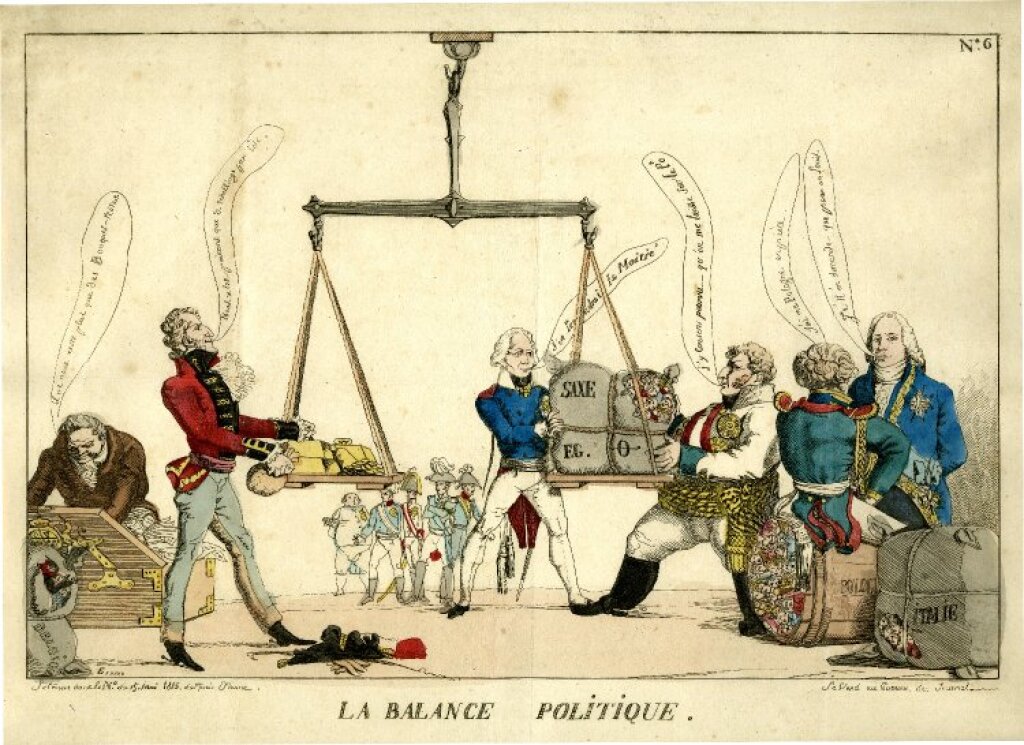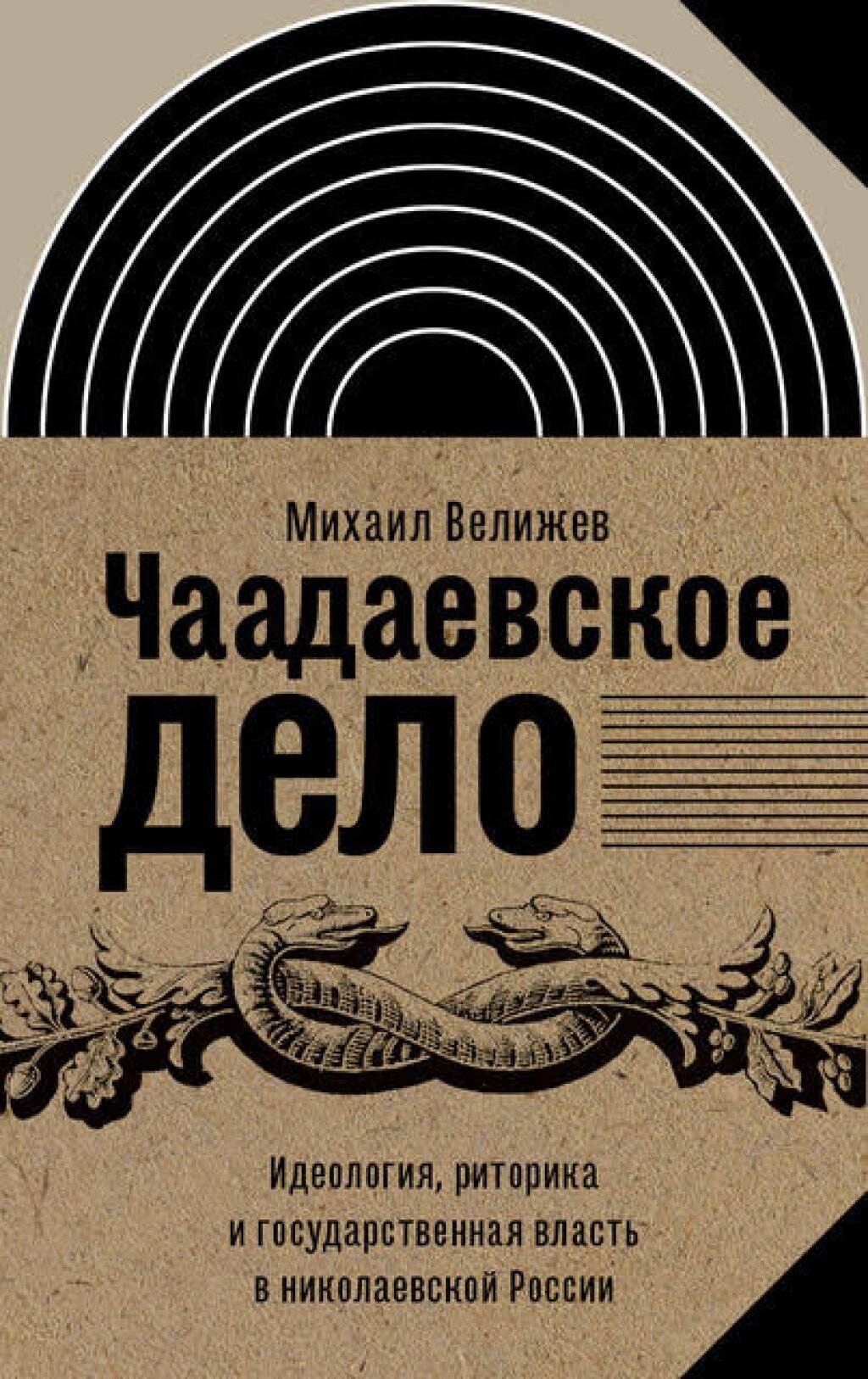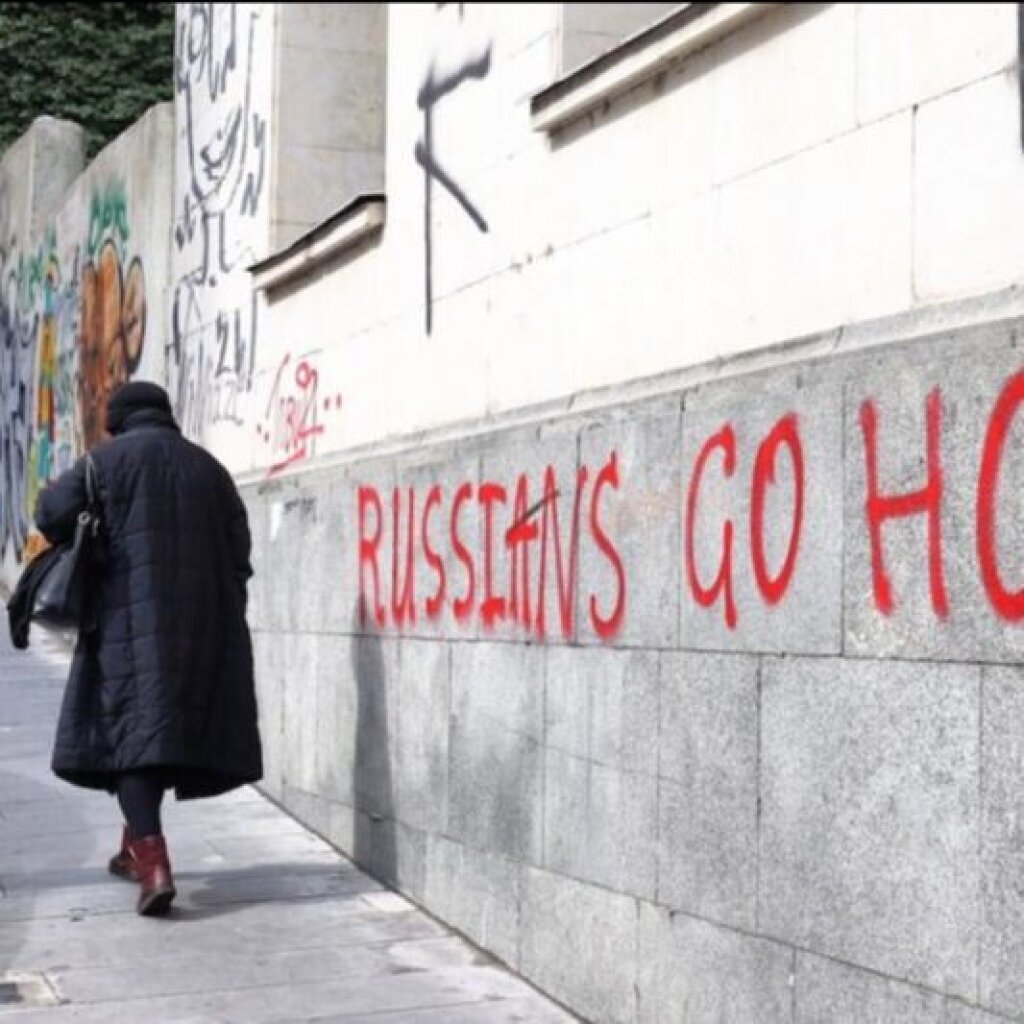In conventional narratives, the Congress of Vienna (1814-1815) has been discussed, usually stereo-typically, as no more than a conference that suppressed revolutionary ideas and led to the restoration era. Nevertheless, as some recent studies have shown, preventing revolution was only one side of the story. On the other side, rulers and statesmen agreed that a new post-war security system should be created, avoiding not only the revolutionary extreme but also being anti-revolutionary. In the Congress of Vienna, Russia asserted itself as a European power on political, cultural, and philosophical terms. Contrary to the stereotypes that regard Russia as being on the margins of European experience, the Russian “long eighteenth century” places Russia at the center of the post-Napoleonic era, with a catalytic role in virtually all European issues. The post-Napoleonic era was undoubtedly the Russian moment in 19th-century European affairs.
Co-sponsored by the NYU Department of History, this presentation will aim to: a) examine a number of interesting alternative perspectives to the very ideas of restoration and legitimacy, the source of sovereignty, slavery, human rights, democracy, and finally to the concept of revolution as very closely associated with the idea of Europe (as a source of fear or on the contrary as a source of hope), and b) rethink the Congress of Vienna and the understudied but formative years 1815-1821 from a Russian–Greek nexus as crucial moments for the understanding of the Mediterranean revolutionary wave of the 1820s and especially of the Greek Revolution of 1821.
The paper being discussed can be found here.
Dr. Ada Dialla is Associate Professor of European History at the Department of Theory and History of Art, School of Fine Arts (Athens) and a founding member and chairman of the Athens based Governing Board of the Research Center for the Humanities. Her main research interests are 19th and 20th century Russian and European history and politics (with emphasis on transnational history, Empire and Nationalism), Russian-Greek trans-cultural relations, history of humanitarian interventions and Humanitarianism, and Russian/Soviet history of historiography.



